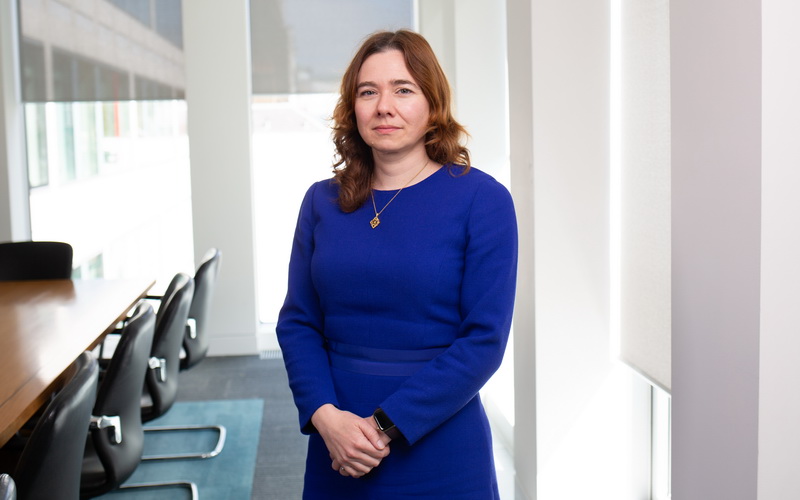New VAT policy on non-business activities
Defining what is a business or ‘economic activity’ for VAT purposes, particularly in the not-for-profit sector, has never been straightforward. At its simplest, it refers to supplies of goods or services by a ‘taxable person’ in the course or furtherance of a business.
This is derived from article 9 of the EC Principal VAT Directive (which the UK is still broadly following) which refers to the carrying out of any ‘economic activity, whatever the results or purpose of that activity’, and defines an economic activity as ‘any activity of producers, traders or persons providing services’ and, in particular, ‘the exploitation of tangible or intangible property for the purpose of obtaining income therefrom on a continuing basis’.
This has subsequently caused difficulties in the not-for-profit sector, who may carry out activities that generate income but which do not make a profit and are not conducted with any commercial motive, neither of which is required for VAT purposes.
HM Revenue & Customs (HMRC) persisted for a long time with the view that if an entity simply supplied goods or services in return for payment, that was a business activity within the scope of VAT.
The VAT problems
For example, subject to certain conditions, construction services could be zero-rated if the building was to be used by a charity for non-business purposes. HMRC would frequently argue that supplies of goods and services were business activities in order to deny zero-rating. Where the activity would otherwise be VAT exempt, this caused significant VAT costs for not-for-profit organisations.
Conversely, were an entity to want its activities to be taxable supplies for VAT purposes in order to claim refunds of input VAT (sometimes heavily subsidised activities generating low amounts of output VAT), HMRC would either argue that the activities were VAT exempt anyway, or that any subsidies or grant funding was non-business income and seek to deny input VAT refunds that way.
In reality, neither set of arguments was very satisfactory and for many years the Courts did not provide any real clarity due to a series of conflicting decisions.
The Courts
In a 2018 case involving Wakefield College, the UK’s Court of Appeal set out a new two-stage test for determining whether an activity was carried out in the course or furtherance of a business and within the scope of VAT.
- First, there must be a supply of goods or services in return for consideration. This is a prerequisite for a business activity but is not sufficient on its own.
- Secondly, for the supplies to be regarded as an economic activity within the scope of VAT, the activities must be carried out for the purpose of obtaining income in the form of remuneration, even if the income is below cost.
The consequence is that the old badges of trade that have been a useful reference for over 40 years can no longer be relied upon.
HMRC’S new policy
HMRC have announced the new two-stage test in published guidance and have updated their guidance manuals. However, many questions still remain.
Primarily, the general view is that the second ‘purpose’ test is an objective test simply looking at whether, objectively, the activity being carried out will generate income. It is not a subjective test and does not consider whether there is any business or commercial motivation. It is also unclear as to what extent any grant funding or subsidies might affect this, while HMRC remain noticeably silent on the difference between non-business income such as grants and donations (which may be passive incurring little in the way of VAT on costs) and non-business activities which are by their very nature ‘active’ and may indeed incur VAT on associated costs.
Secondly, a case around the same time involving Glasgow School of Art and the rental of premises for the student union raised the prospect of an activity generating income which was carried out not for that purpose, but for some other purpose entirely. Although not yet set out in published guidance, it is understood that HMRC are currently considering this approach as a useful tool when considering the second test for remuneration.
The impact of the Court of Appeal decision in the Wakefield College case is that many of the earlier VAT decisions on non-business activities can no longer be relied upon. As a result, we effectively have a new policy treatment with little in the way of solid guidance or precedent on how to interpret it.
We expect the same disputes will continue over whether an activity is a taxable business activity (to aid input VAT recovery) or a non-business activity (to secure zero-rated construction services) alongside the familiar arguments over partial exemption and business vs non-business apportionments. Despite the new policy (or perhaps as a result of it), increased HMRC scrutiny of non-business activities can be expected for the foreseeable.
Would you like to know more?
If you would like to discuss the above or how it may affect you, please get in touch with your usual Blick Rothenberg contact or Gabby Donald using the details on this page.
Contact Gabby

You may also be interested in

Is the End of the Triple Lock Pension Inevitable?

The UK is a stable, open and innovation-driven market for Japanese firms to invest in













